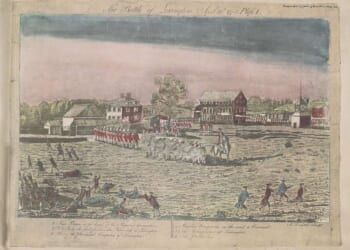Every splinter of bereavement, in Catey Sexton’s bitterly personal documentary about Covid, was so sharp and painful that I had to keep pausing.
This much raw grief crammed into 90 minutes is overwhelming.
A little girl, standing with her grandmother at the sea’s edge, threw a flower in the water and wished out loud for her mummy to, ‘have a nice day in heaven’.
A nurse who lost her sister, also an NHS worker, attempted suicide because she could not bear to keep working in the same wards where her sibling contracted Covid and died.
A couple told how they place their 25-year-old daughter’s unopened presents under the tree every Christmas. She nursed them both through coronavirus before dying from it herself.
Love And Loss: The Pandemic 5 Years On was a shattering examination of how Covid-19 inflicted the greatest loss of life on British families since World War II. This series of sensitively edited interviews with parents, widows and adult children was never exploitative or intrusive, but neither did it hide from the agony of sudden loss.
Sexton herself lost her 84-year-old mother, who was suffering from Alzheimer’s and lived in a care home. They were not able to say goodbye: not only was the film-maker prevented from being present when her mum died, but she was permitted to see the body only through a window.
She took us back repeatedly to the National Covid Memorial Wall on London‘s Embankment, where hearts painted on the whitewashed brickwork pay tribute to the 230,000 people who died with the disease: more than 50,000 were living in care homes.
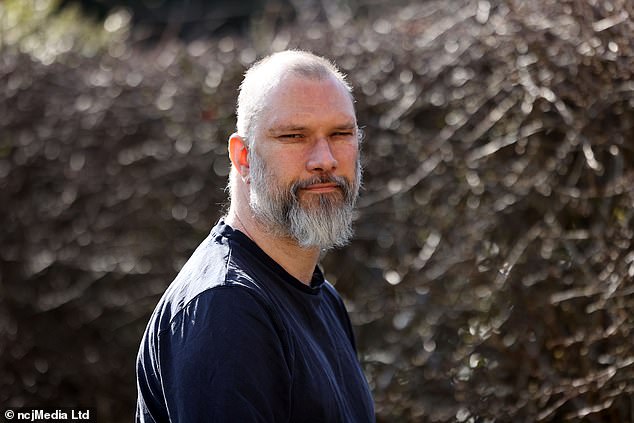
Matthew Pocock (pictured) from Backworth, Tyneside, has been suffering with long COVID for over four years
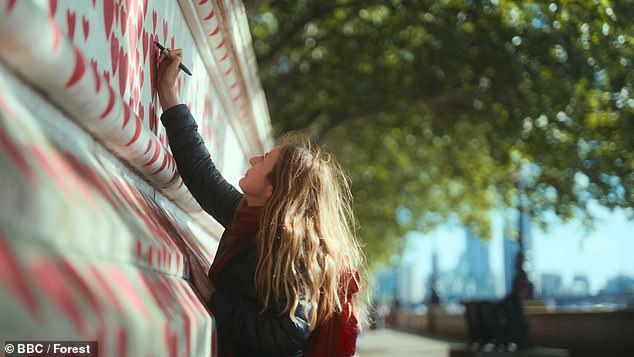
Love And Loss: The Pandemic 5 Years On was a shattering examination of how Covid-19 inflicted the greatest loss of life on British families since World War II, writes Christopher Stevens
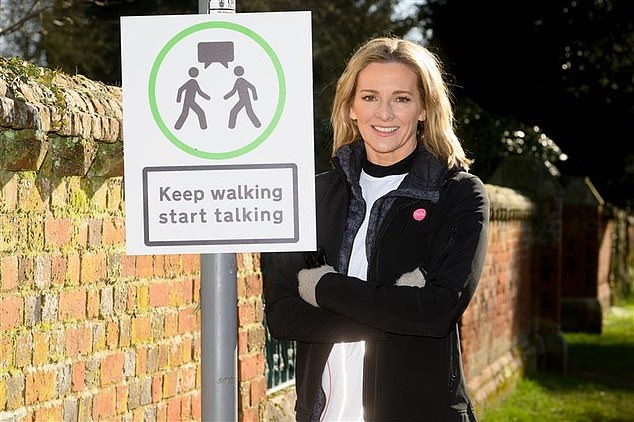
More than 230,000 people died of COVID-19, 50,000 of whom were living in care homes
The anger at muddled messaging and mismanaged precautions was visceral. There was little actual analysis, though, of what went wrong — just a pervading sense that Britain was terribly unprepared for what happened, and a fear that despite all the talk of ‘lessons learned’, we are slipping back into complacency.
Most glaring of all was the absence of any discussion about the lasting social damage done by lockdowns. Hundreds of thousands of children’s educations wrecked, and an untold number suffering from trauma and anxiety that might never leave them.
The humungous cost of borrowing to pay for furlough is devastating our economy. Britain’s innate work ethic appears to have dissolved, after months of enforced leisure. The death toll from cancers and other diseases that went undiagnosed during lockdown is predicted to outstrip the numbers killed by Covid itself.
None of that was addressed. Perhaps the BBC is planning another documentary to do just that, but I doubt it — our national broadcaster seems to abide by the belief that to question the value of lockdowns is politically incorrect and heretical.
Despite this failing, Sexton’s film is so intensely moving as to be unmissable. She coaxes her interviewees to talk so openly about loss that their testimonies will be helpful, and even comforting, for anyone grieving a loved one.
Brain-twister of the night:
Former world champion Magnus Carlsen set the contestants a memory test on Chess Masters: The Endgame (BBC2). One player scored four out of 26, another gave up without trying.
Can you make the next one a bit easier, Magnus?
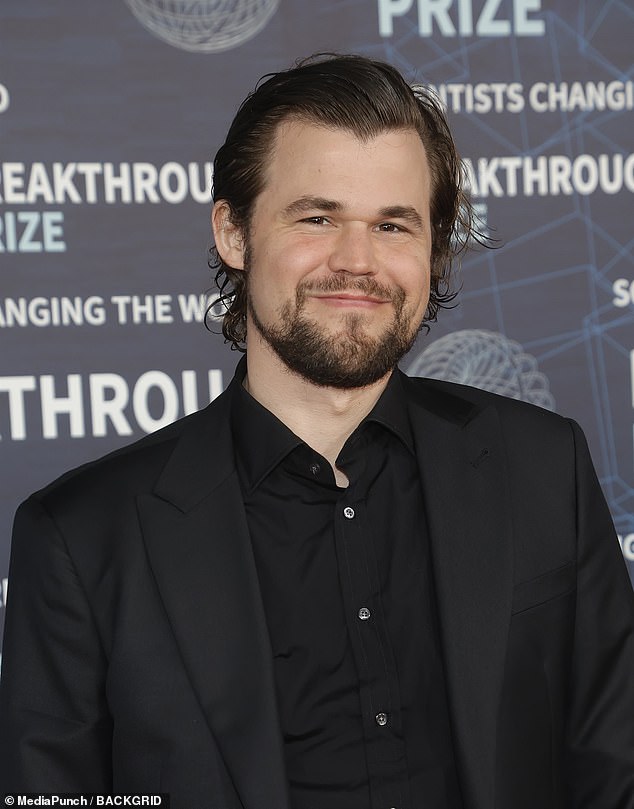
Magnus Carlsen is a five-time World Chess Champion, five-time World Rapid Chess Champion and he reigning eight-time World Blitz Chess Champion







